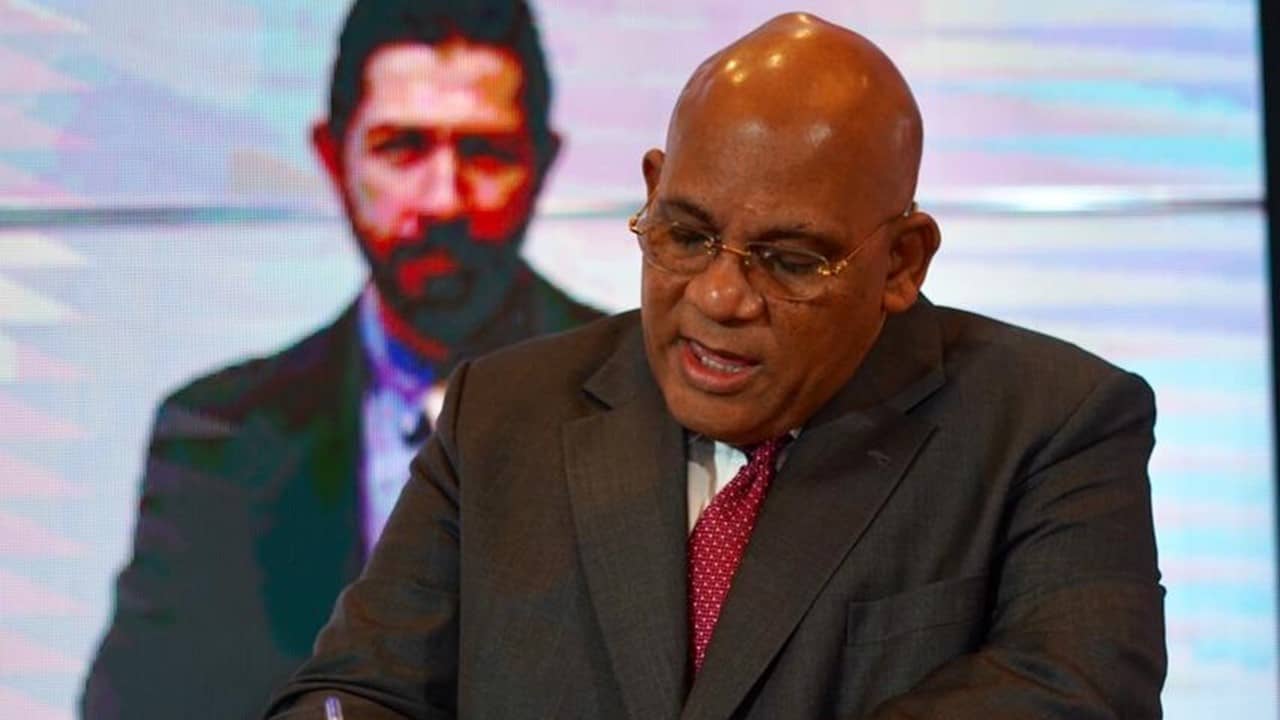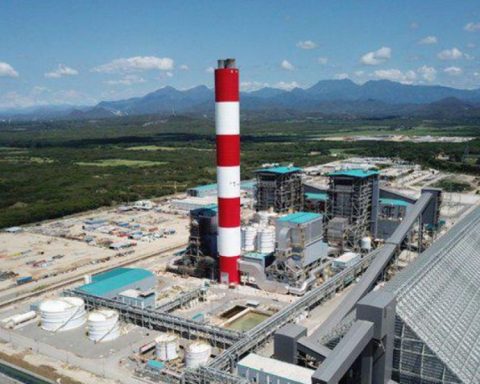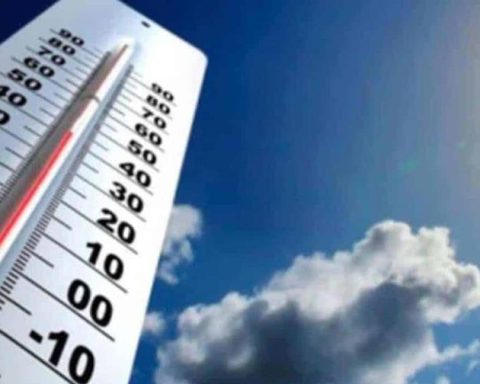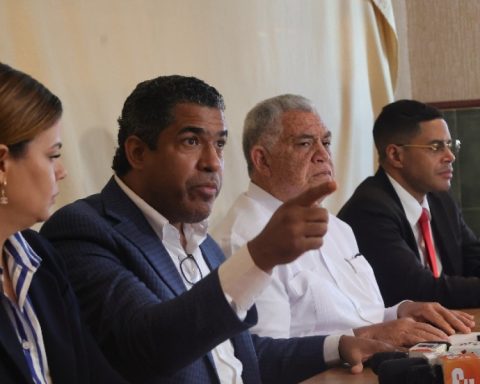The president of the Latin American Society of Nephrology and Hypertension (SLANH), William Alvareznoted that one in ten people worldwide currently suffers from some form of kidney damage.
It is estimated that between 8% and 20% of the Latin American population lives with chronic kidney disease (ERC), that is, about 60 million people. According to the Global Burden of Disease Study, around 697 million people worldwide suffer from CKD, an increase of 29% in the last 30 years.
The nephrologist Dominican calls on patients, especially hypertensives, to closely monitor their blood pressure, since this disease affects not only kidneysbut also to heart and to brainbeing the main cause of strokes, heart attacks and chronic kidney failure.
“Hypertension affects three target organs: the brain, the heart and the kidney.. In the case of the kidney, it creates a kidney disease that will trigger kidney failure,” said the specialist in a videoconference from Panama, where he was signing an alliance with the pharmaceutical company AstraZeneca to develop practices, strategies and joint actions with the objective is to divulge actions for better renal health.
“Chronic kidney disease is becoming common. It is affecting many people. The costs involved in managing the disease are skyrocketing and exorbitant. Not because it is very expensive, but because of the great demand. Too many people! The costs are leading the Ministries of Health and medical insurers to put their budgets at risk,” said the doctor.
warning signs
When asked about the signs that could indicate a kidney condition, Dr. Álvarez cited the following:
-
foam in the urine
-
Swelling in the eyes or feet
-
Frequent urination at night without an obvious cause
-
Low back pain with tilt to the abdomen
-
History of having had a stone in the kidneys
-
Urine with a little blood
An error that he points out as frequent is that there are patients who take their blood pressure medications but do not measure their numbers to confirm that they are controlled.
“These people end up falling with some complication of hypertension and one of them is kidney disease, simply because they did not realize that, although they took the medications they were not controlled and if they were not controlled, in the end the hypertension affects them. of the three target organs (brain, heart or kidney)”, he explained.
“”Diabetics and hypertensives should seek an evaluation of their kidneys at least once a year””nephrologist
How are kidney diseases prevented?
The nephrologist explained that the evaluation is simple: through carrying out a urine test and creatinine measurement. “The important thing is to catch it early,” she added.
To keep the kidneys healthy, Álvarez indicates that it is necessary to have a good nutrition, exercising, staying well hydrated, maintaining a balanced diet.
Conversely, smoking, dehydration, not taking medication if you are hypertensive, maintaining high blood sugar or a metabolic imbalance if you are diabetic, and the abusive intake of painkillers, do a lot of damage to the kidney.
local statistics

Dr. Álvarez specified that at the local level “we do not have data on kidney disease, but there is a Dialysis and Transplant Registry that also works in the Dominican Republic, where there are approximately more than four thousand people on dialysis”.
Some 4,265 patients receive dialysis treatment in the Dominican Republic and 70% of these suffer from hypertension and/or diabetes.
The alliance between SLANH (covering a conglomerate of 20 countries) and AstraZeneca is supported by three pillars: a contribution from the pharmaceutical company to work on kidney health programs in Latin America; the stimulation of continuing medical education and online training for health workers in the area of nephrology and also includes action plans on how to mitigate the effect of Covid-19 on this vulnerable diabetic and hypertensive population.
This agreement will be worked on without a time limit, with a four-year vision.
For her part, Sylvia Varela, area vice president for AstraZeneca Latin America, commented that “we are proud to sign this alliance with the Latin American Society of Nephrology and Hypertension that will allow us to distribute the AstraZeneca knowledge network and nurture the conversation around the chronic kidney disease by reaching as many nephrologists and health personnel in the region as possible.”
















